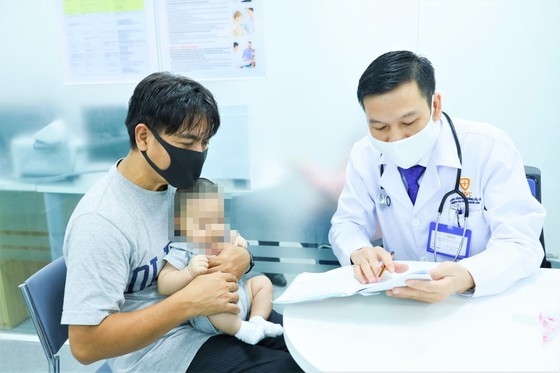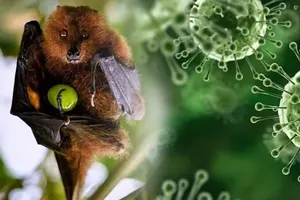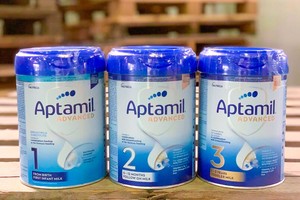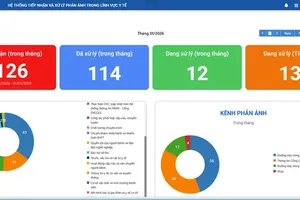Mumps, a highly contagious illness, is caused by a virus that spreads easily from person to person through infected saliva. Complications of mumps are rare, but some are potentially serious.
 A doctor consults a parent about mumps (Photo: SGGP)
A doctor consults a parent about mumps (Photo: SGGP)
According to the Ho Chi Minh City – based Children Hospital’s report, tens of children were recorded to have mumps from February; fortunately, all were slight cases without complications. Deputy Chief of the hospital’s Contagious Disease – Neurology Department Dr. Du Tuan Quy said that the disease is popular in the time when the weather changes adding that there is a high likelihood of pandemic outbreaks in kindergartens and educational facilities.
According to Dr. Quy, medical workers fretted that toddlers have not received enough shots of vaccine against mumps leading to a community spread especially in April and May when mumps mostly occurred in the South region.
Head of the Men's Health Department at Binh Dan Hospital, Dr. Mai Ba Tien Dung, one of the country's top men’s health experts, said that the department has recently admitted men who suffered infertility due to mumps-related complications. They are mostly at the age of 20 to 35 and many of them are unmarried.
According to Dr. Dung, mumps can sometimes affect other glands in the body, namely the nervous system and the testicles. The most common complication of mumps is testicular inflammation. This inflammatory condition, medically called orchitis, affects boys (who have been through puberty) or adults. Orchitis generally affects just one testicle but can affect both testicles in about one in six men. This is the reason why mumps causes male infertility.
According to Dr. Le Hong Nga, head of the department of infectious disease prevention under the Ho Chi Minh City Center for Disease Control (HCDC), mumps is included in the list of 24 infectious diseases that need to be controlled. Though the death rate of mumps is low (about 1/10,000), mumps is a dangerous disease carrying a high risk of complications. Currently, mumps is well controlled thanks to communication and vaccination. Children are effectively protected against mumps thanks to MMR (measles, mumps and rubella) immunization program, starting with the first dose at 12 through 15 months of age and the second dose at the age of four to six years or sooner in case the pandemic breaks out.
In the last time, the vaccination has been affected to a greater or lesser degree due to the Covid-19 pandemic. Many parents did not take their children to health centers to receive the vaccine as scheduled for fear of Covid-19, said Dr. Le Hong Nga.
Dr. Le Hong Nga affirmed that immunization is the only effective preventive measure against acquiring measles starting at 12 months of age so that the body is immune to mumps for a long time or permanently.
In addition, when a family member has mumps, other members need to regularly wash their hands with soaps making sure that all members strictly keep personal hygiene as well as keep the house clean. A person with mumps should limit their contact with others during this time; therefore, they must stay at home for about 10 days to avoid the spread.
























